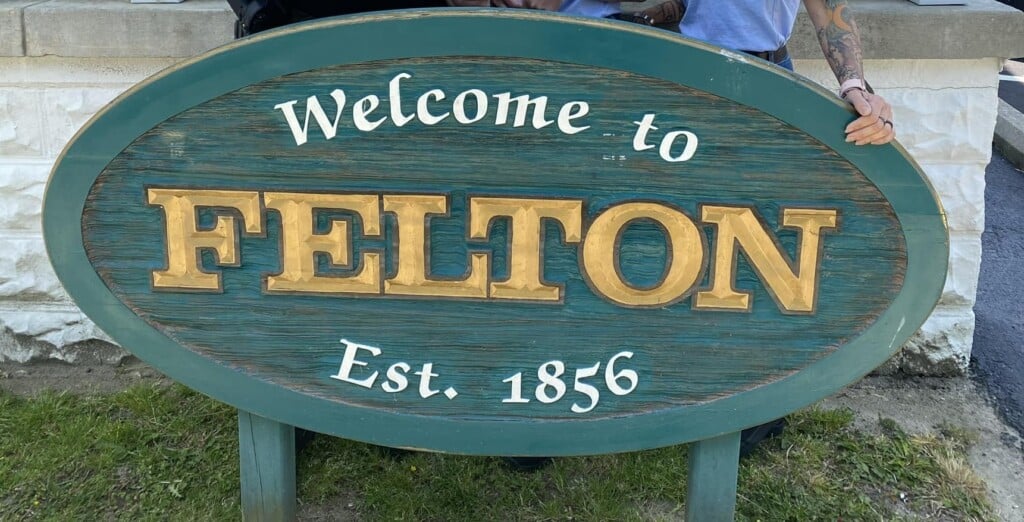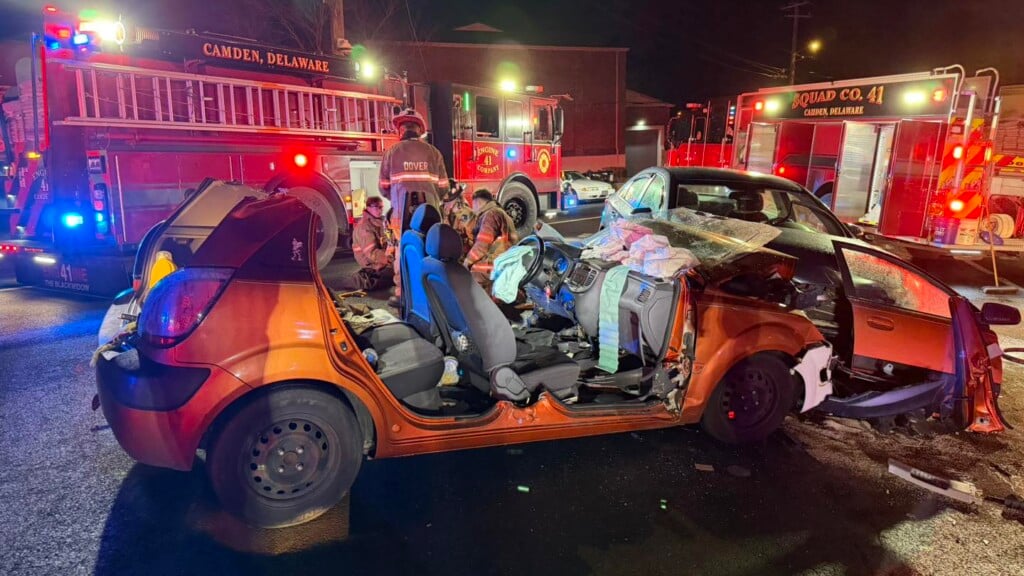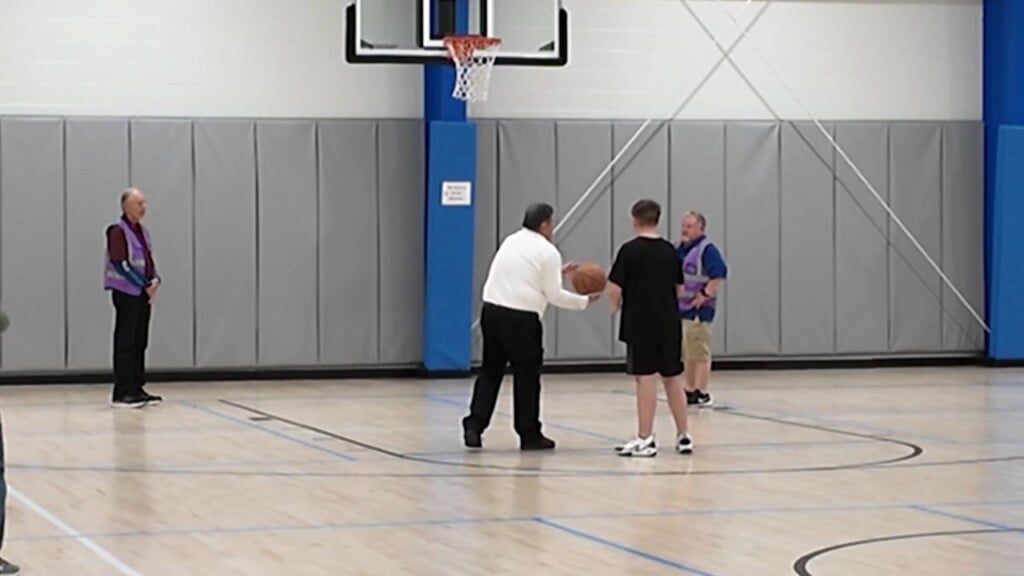New toolkit increases awareness on blood clots
DELMARVA – “This bill and this kit is about awareness, action, and advocacy,” Rep. Lisa Blunt-Rochester said.
An estimated 900,000 Americans are impacted by blood clots yearly, resulting in upwards of 1 hundred thousand deaths according to the CDC.
Tuesday, Congresswoman Lisa Blunt-Rochester revealing the new Blood Clot Awareness, Action, and Advocacy Toolkit. The goal is to raise awareness on the signs and symptoms of blood clots.
The move furthers her advocacy for the cause as she introduced the Charles Rochester Blood Prevention and Treatment Act (H.R. 5699) last year, honoring her late husband. “Our goal here is to save lives. That is really what this is about and preventing this from happening to other families,” Rep. Blunt-Rochester said.
The bill would direct the CDC to launch a national campaign to increase public awareness of blood clot signs and symptoms. It would also establish an advisory committee to streamline effect diagnosis, treatment, and prevention of blood clots.
The Delaware Chapter of the American Heart Association offers various resources through outreach and community engagement. They stress the importance of recognizing warning signs of blood clots because if they reach arteries near the heart or brain that could lead to a heart attack or even a stroke. “Heart attack symptoms can chest discomfort, pain in one or both of the arms. Sometimes these symptoms are different in men and women and people of different ages,” DE-AHA’s Kimberly Holmes said. “Stroke symptoms include facial drooping or speech difficulty. Again, time matters, reach out. ”
Healthcare providers told 47ABC that early detection is key. “Awareness of the signs of a clot, whether in the leg, arm, or lungs can help patients seek help sooner and shorten their time of treatment,” ChristianaCare’s Dr. Assaf Graif said.
March is also National Blood Clot Awareness Month, a time Blunt-Rochester said is the perfect opportunity to open up the conversation. “Make sure that you take this toolkit, disseminate it, and get it out to all you know. Your family, friends, constituents, neighbors, doctors, pharmacists. Spread the word.”
The CDC, in partnership with the National Blood Clot Alliance, is also working to increase public awareness through a national campaign called ‘STOP the Clot, Spread the Word.’


